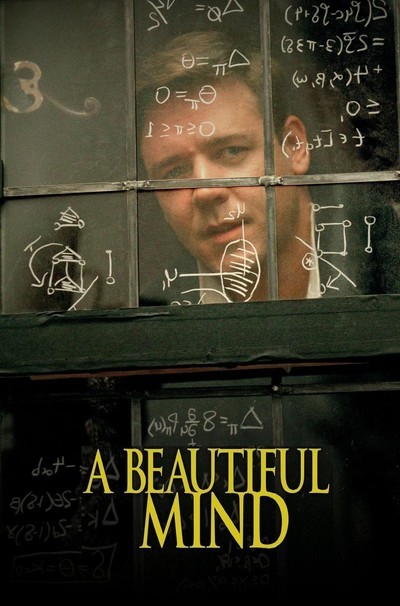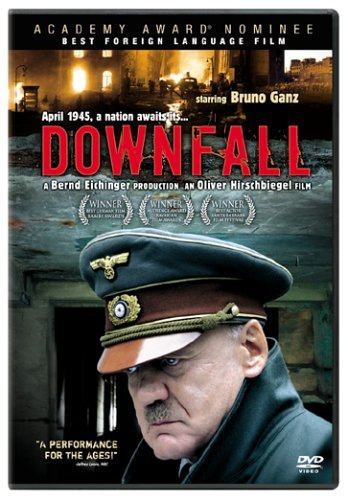Naming the Enigma-breaking machine "Christopher" after Turing's childhood friend and suggesting that Turing was the only cryptographer working on it, with others either not helping or outright opposed.
In actuality, this electromechanical machine was called "Victory" and it was a collaborative, not individual, effort. It was a British Bombe machine, which was partly inspired by a design by the Polish cryptanalyst Marian Rejewski. Rejewski designed a machine in 1938 called bomba kryptologiczna which exploited a weakness in German operating procedures that was corrected in 1940. A new machine with a different strategy was designed by Turing (with a major contribution from mathematician Gordon Welchman, who goes unmentioned in the film, with the contribution attributed to Hugh Alexander instead) in 1940.
Suggesting that only this one machine was built, with Turing playing a large role in its construction.
More than 200 British Bombes were built under the supervision of chief engineer Harold Keen of the British Tabulating Machine Company. None of them were built at Bletchley Park.[93]
Turing's rebuilt bombe machine, called Christopher in the film, on display at Bletchley Park Museum
Suggesting that the work at Bletchley Park was the effort of a small group of cryptographers who were stymied for the first few years of the war until a sudden breakthrough that allowed them to break Enigma.
Progress was actually made before the beginning of the war in 1939 and thousands of men and women were working on the project by the time the war ended in 1945. The computing advances did not obviate the need for human labor, as the many teams of largely female operators certainly knew. Throughout the war, there were breakthroughs and setbacks when the design or use of the German Enigma machines was changed and the Bletchley Park code breakers had to adapt.[90][93]
Moreover, the breakthrough depicted in the film provides the impression that first the Bombe was developed, then only became effective after it was later realised that deciphering could be made easier by looking for known or speculated items contained in an intercepted message, a practice known in cryptanalysis as employing a crib. However, in reality, the opposite is true; the use of cribs was the central attack model upon which the Bombe's principal design was based, rather than being an afterthought to the design.
Suggesting that Enigma was the only German cipher broken at Bletchley Park.
The breaking of the Lorenz cipher, codenamed "Tunny", was arguably just as important as the breaking of Enigma in terms of contributing to the value of Ultra intelligence, and the code-breaking effort was in many ways more difficult. Neither the Tunny effort nor its main contributors, mathematician W. T. "Bill" Tutte and electrical engineer Tommy Flowers, are mentioned in the film. The Colossus computer they built goes unmentioned by name in the film, although there is an implicit suggestion that Turing was responsible for it, which he was not.[93]
Showing a scene where the Hut 8 team decides not to use broken codes to stop a German raid on a convoy that the brother of one of the code breakers (Peter Hilton) is serving on, to hide the fact they have broken the code.
In reality, Hilton had no such brother, and decisions about when and whether to use data from Ultra intelligence were made at much higher administrative levels.[91]
Showing Turing writing a letter to Churchill to gain control over Enigma breaking and obtain funding for the decryption machine.
Turing was actually not alone in making a different request with a number of colleagues, including Hugh Alexander, writing a letter to Churchill (who had earlier visited there) in an effort to get more administrative resources sent to Bletchley Park, which Churchill immediately did.[91]
The depiction of the recruitment of Joan Clarke as a result of an examination after solving a crossword puzzle in a newspaper.
In reality, Joan Clarke was recruited by her former academic supervisor, Gordon Welchman, to the Government Code and Cypher School (GC&CS).



